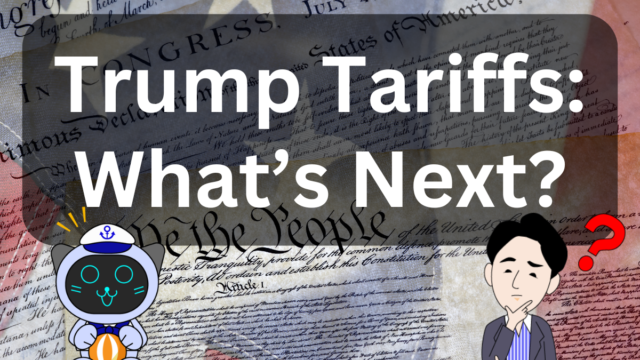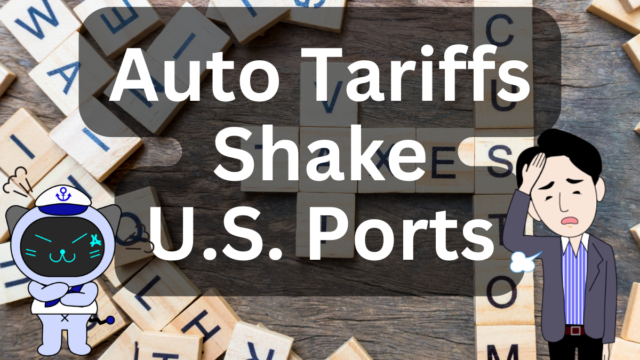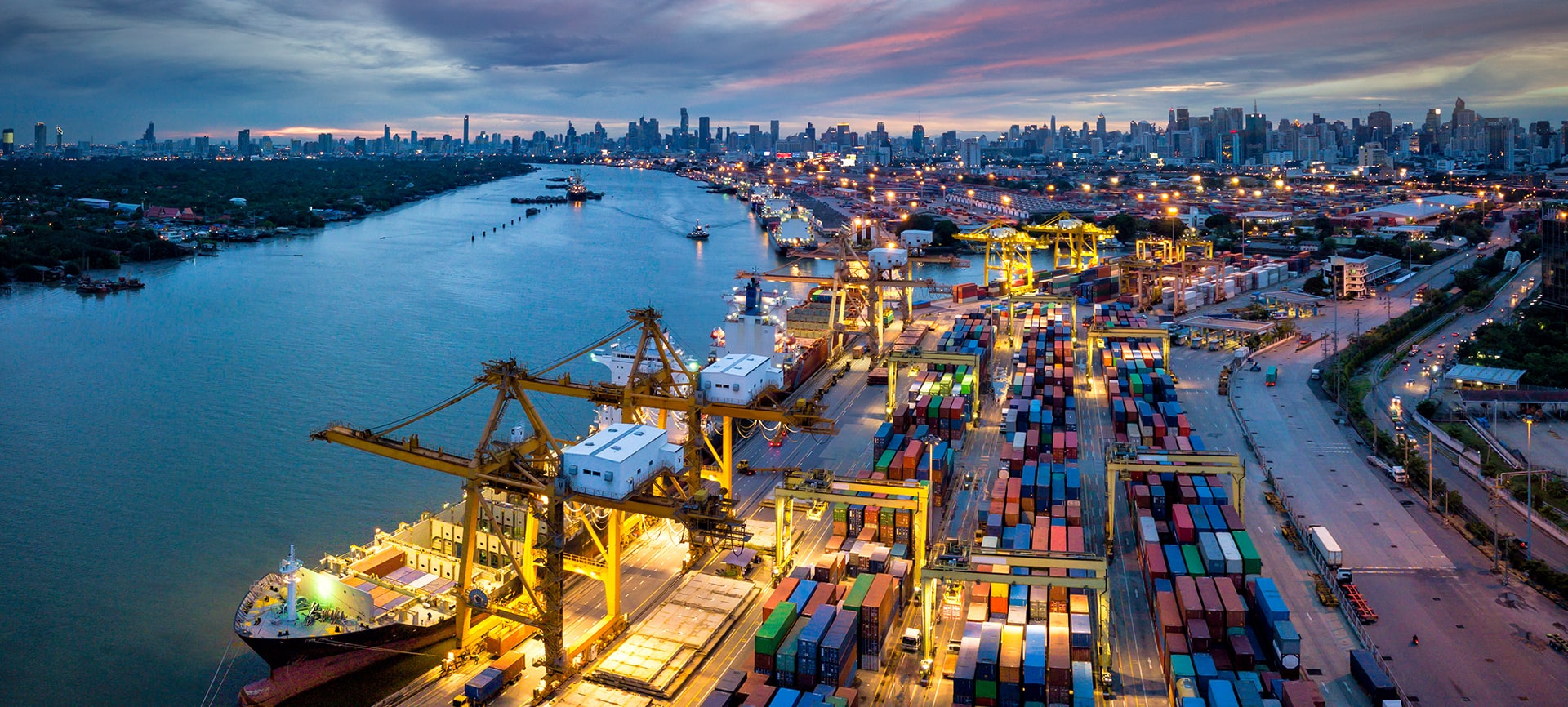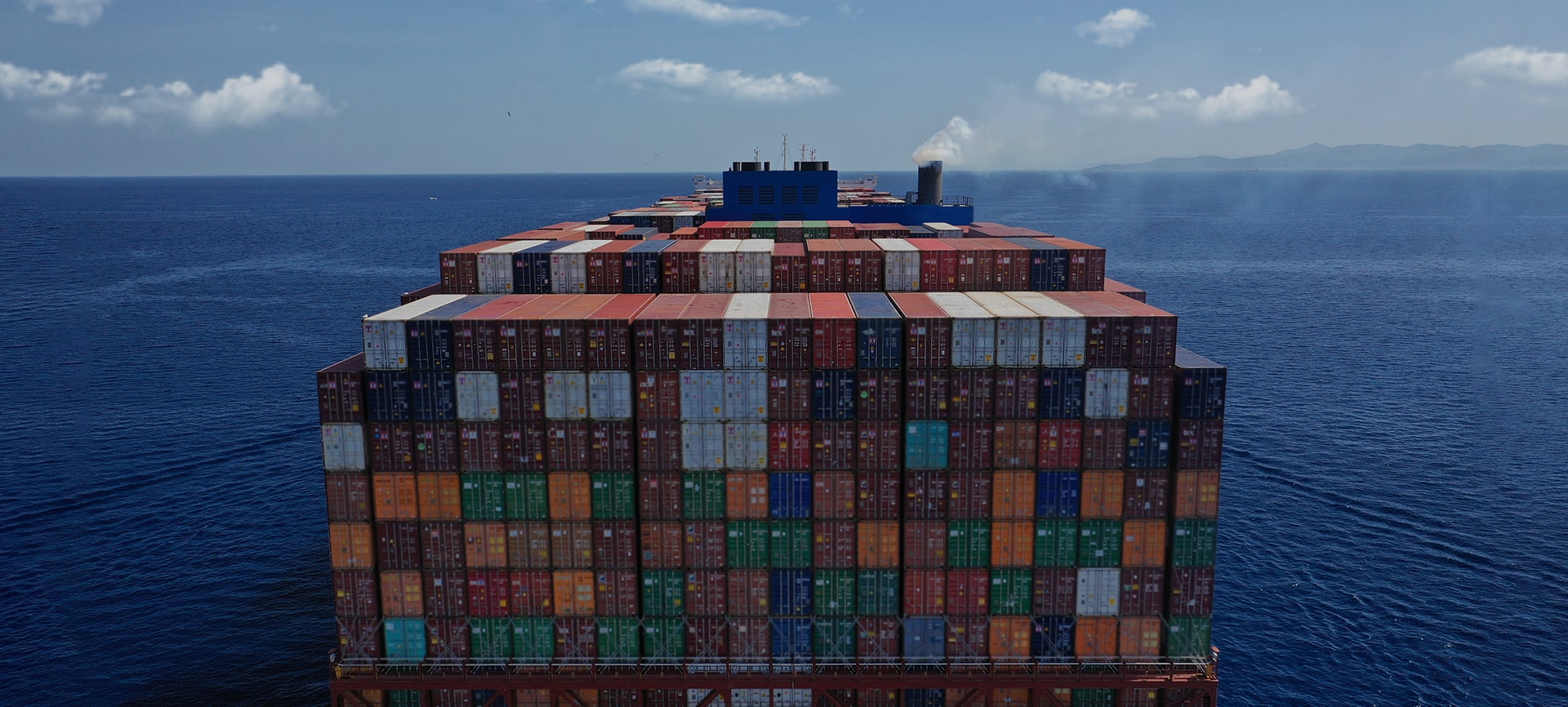Posted on: April 2, 2025 / Last updated: April 2, 2025
Hutchison Ports’ Panama Canal Terminal Sale Delayed – Rising US-China Tensions Behind the Scenes
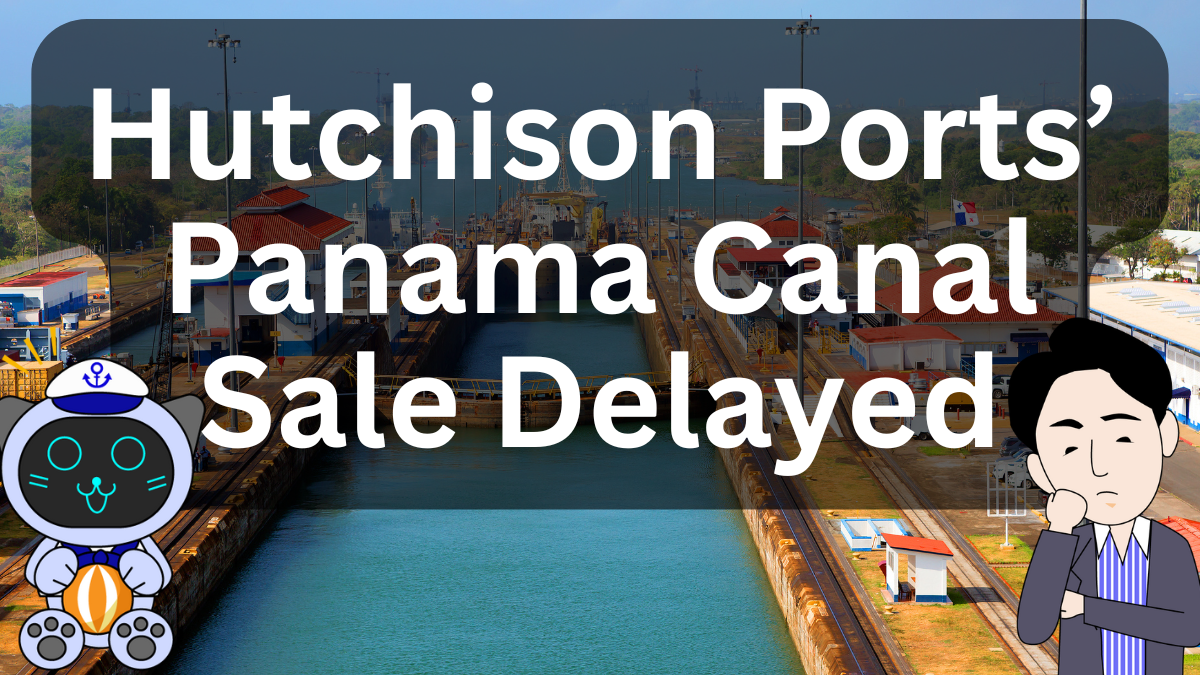
Hello. Today’s topic is the postponement of the signing of a terminal sale deal by Hutchison Ports, a major port operator based in Hong Kong, involving assets in Panama and other overseas locations.
CONTENTS
Buyers from the U.S. and Switzerland
Hutchison Ports is a leading global operator of container terminals.
According to reports, it had planned to sell multiple overseas terminals, including those in Panama, to major companies such as the U.S.-based investment firm BlackRock and Terminal Investment Limited (TIL), a subsidiary of Swiss shipping giant MSC.
The signing was scheduled for April 2, 2025.
However, due to an investigation launched by Chinese authorities, the signing is now expected to be delayed.
Why the Panama Canal Terminal Sale Matters
The Panama Canal is a critical trade route connecting Asia and the U.S. East Coast. Hutchison Ports operates a terminal located at the canal’s entry point.
The sale of such strategic infrastructure to foreign buyers raises geopolitical concerns.
For the United States, the fact that a Hong Kong company with close ties to China controls a key port has long been seen as a national security issue.
During the Trump administration, there were even calls to “take back Panama”, and this sale is viewed as part of that broader narrative.
Historical Ties Between the U.S. and the Panama Canal
The Panama Canal was a massive U.S. project completed in 1914, with an estimated cost equivalent to $2 trillion today.
In 1999, the canal was handed over to the Panamanian government, and Hutchison Ports acquired operating rights for the terminals, which it has held to this day.
If an American investment firm acquires these rights, it could send a strong political message that the U.S. is regaining control over Panama.
Impact of U.S.-China Tensions on Global Logistics
Amid intensifying U.S.-China trade friction, any disruption to the Panama Canal could severely impact global supply chains.
Should military or large commercial vessels lose access, they would need to detour around South America,causing increased costs and transit times.
This delay in the terminal sale is seen as part of broader geopolitical tensions.
Conclusion: Geopolitics, Logistics, and Talent Development
This news is more than just a “delayed deal”; it is a key indicator of where U.S.-China relations and global logistics are heading.
It is increasingly important to educate and empower young talent to understand and act within the context of global affairs.
As we begin this new chapter in April, let us continue to learn, reflect, and take action.


![[Breaking] U.S. to Introduce Port Entry Fees on Chinese Ships|What’s the Impact on Ocean Freight and Supply Chains? | IINO san's Logistics News](/wp-content/uploads/2025/04/20250421en-640x360.png)
![[Industry Trends] MSC Becomes First to Reach 900 Vessels! Focus Shifts to North-South Routes with Independent Operations | IINO san's Logistics News](/wp-content/uploads/2025/04/20250417en-640x360.png)
![[Maritime Shipping Now] Container Freight Rates Remain Flat – What Lies Ahead? Impact of US-China Tensions | IINO san's Logistics News](/wp-content/uploads/2025/04/20250415en-640x360.png)

